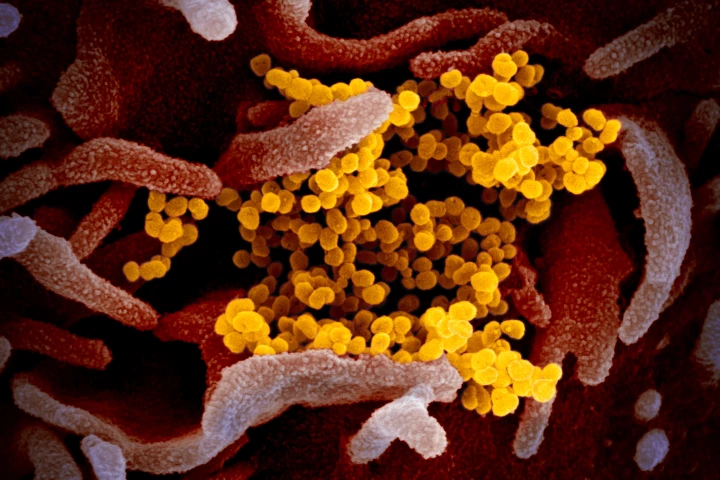Johns Hopkins University
-
While robotic laparoscopic surgical systems do make certain procedures safer and less invasive, those systems are still operated by human surgeons. Now, however, a surgical robot has performed a delicate operation entirely on its own.
-
Cancer becomes far more dangerous when it spreads through the body, known as metastasis. A newly identified protein stops cells getting into the bloodstream – and tumor cells can ignore it, which may reveal a new drug target for cancer treatment.
-
A new study, claimed to be the most comprehensive of its type, has demonstrated how concentrations of certain proteins in the blood might indicate the onset of Alzheimer's far in advance, and has pinpointed one that may even help trigger it.
-
New findings are indicating a commonly used herbicide appears to weaken the immune systems of insects. One mosquito experiment suggests the chemical can amplify insect susceptibility to parasitic infection, possibly increasing malaria transmission.
-
A new piece of open source software can radically speed up the process of DNA sequencing, according to Johns Hopkins University researchers. Using a portable sequencer, the UNCALLED software can cut a 15-day operation down to three days, or even one.
-
Preliminary results from a trial investigating whether time-restricted eating influences weight loss suggest limiting your caloric intake may be more important than what time you eat. The research, not yet published or peer-reviewed, will be presented at the upcoming American Heart Association’s virtual Scientific Sessions meeting.
-
BIG has been commissioned to design a new student center for Johns Hopkins University, in Baltimore, Maryland. Named The Village, it's conceived as an oversized living room and will feature a timber structure and a roof covered in solar panels.
-
Researchers have developed a new tool that could help form more effective brain cancer treatments, with an ability to classify the deadliest cells to help gauge how aggressive a patient’s disease might be.
-
A new study investigates the strange phenomenon of DMT-induced encounters with bizarre entities. The massive survey finds not only do most people who consume this psychedelic encounter unusual beings, but many atheists leave the experience with new beliefs.
-
Statin drugs are commonly taken to help manage cholesterol levels. But now, researchers at Johns Hopkins Medicine have found that they may also kill some cancer cells by starving them of nutrients, and uncovered the mechanism for how that can happen.
-
A new study from Johns Hopkins Bloomberg School of Public Health is affirming early estimates suggesting 5.1 days is the average incubation period for COVID-19, the disease caused by the novel coronavirus.
-
Adding chlorine is a common method of disinfecting drinking water, but just how safe is it? Johns Hopkins scientists have found evidence that reactions between chlorine and natural compounds in water may produce previously-unknown toxic byproducts.
Load More











